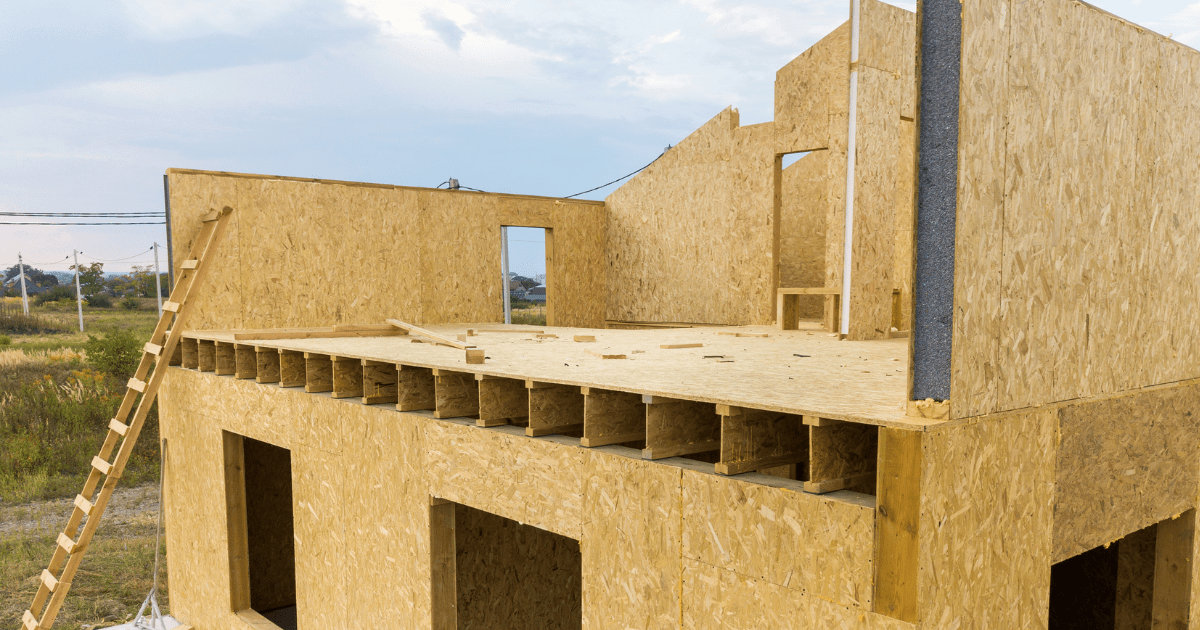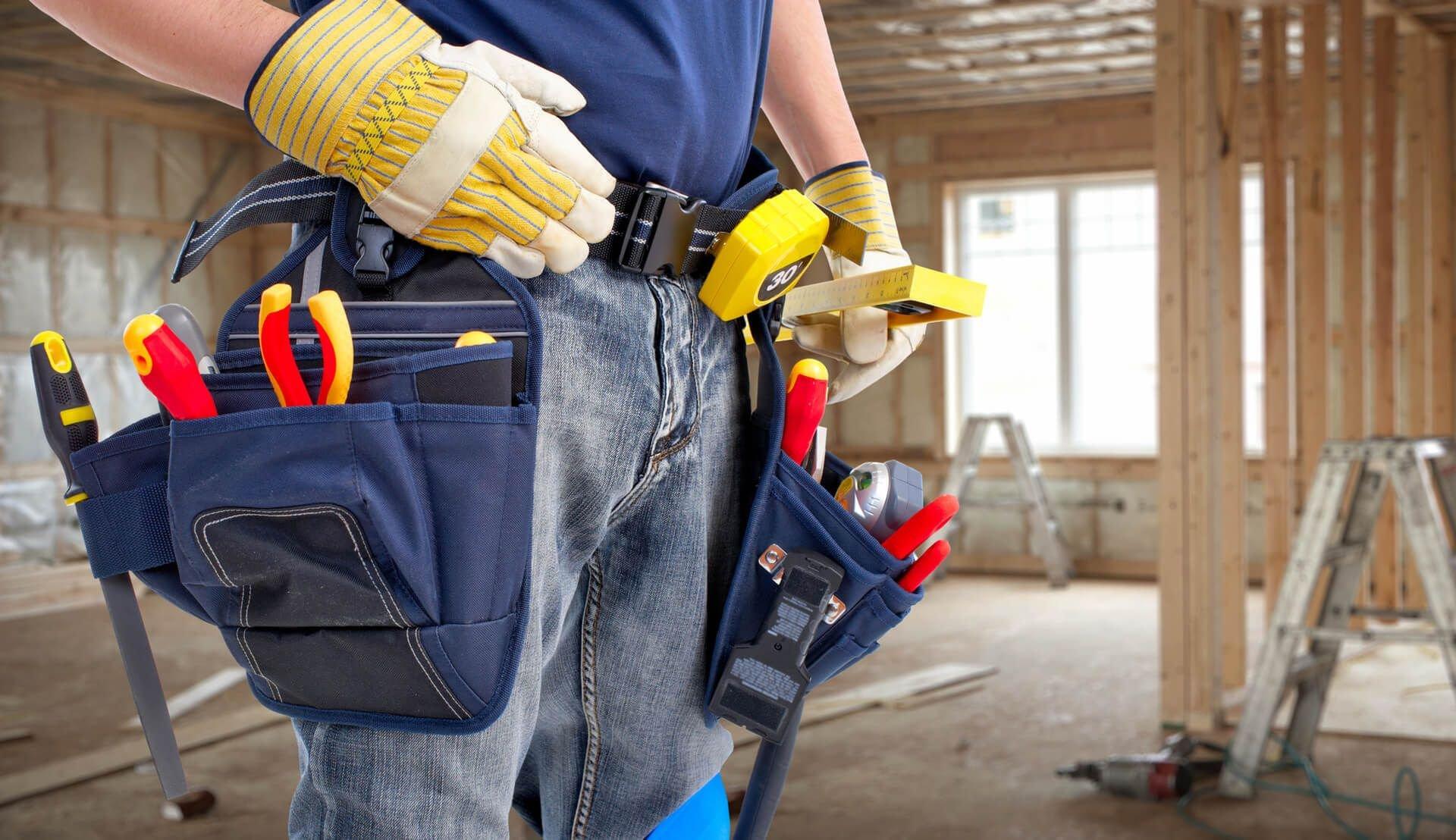Efficiency is vital. Modular building companies offer innovative solutions for streamlining construction projects while maintaining high-quality standards. Whether planning a temporary facility or a permanent structure, understanding how to maximize efficiency with modular buildings can help you save time and resources. In this article, we’ll explore five essential tips to ensure you get the most out of your modular construction project.
What is Modular Construction?
In a modular construction method, building components are prefabricated in an enclosed space off-site and then delivered to the construction site for assembly. This approach has several benefits, including faster project timelines, reduced waste, and enhanced quality control. By breaking down the construction process into manageable modules, modular building companies can streamline operations and deliver projects more efficiently.
Designing for Efficiency
Efficient design plays a crucial role in maximizing the benefits of modular construction. When planning your modular building project, consider factors such as space utilization, energy efficiency, and scalability. By optimizing the layout and incorporating sustainable design principles, you can create a functional and cost-effective building solution that meets your specific requirements.
Embracing Off-Site Construction
Off-site construction is at the core of modular building company operations. Modular builders can minimize disruptions, mitigate weather-related delays, and improve overall project efficiency by prefabricating building components in a controlled factory environment. This approach allows for parallel construction processes, reducing the overall construction timeline and accelerating project completion.
Streamlining Installation and Assembly
Efficient installation and assembly are essential for realizing the full potential of modular construction. Modular building companies employ skilled professionals who are experienced in assembling prefabricated components quickly and accurately. By optimizing logistics and coordination, these teams can streamline the installation process and ensure timely project delivery.
Implementing Quality Control Measures
Quality control is paramount in modular construction to maintain high standards and ensure customer satisfaction. Modular building companies adhere to rigorous quality control protocols throughout the manufacturing and assembly processes. By conducting thorough inspections and testing procedures, they can identify or address any issues promptly, minimizing rework and costly delays.
Frequently Asked Questions (FAQs)
- How long does it take to complete a modular building project?
- Modular building timelines vary depending on the size and complexity of the project. However, modular construction typically offers faster turnaround times compared to traditional construction methods due to off-site fabrication and parallel construction processes.
- Are modular buildings suitable for permanent structures?
- Indeed, modular constructions are quite flexible and may be made to suit a variety of requirements. including permanent structures such as offices, schools, healthcare facilities, and residential buildings.
- What advantages does modular building have for the environment?
- Modular construction minimizes waste, reduces energy consumption, and promotes sustainability through efficient use of materials and resources. Additionally, off-site fabrication reduces transportation-related emissions and site disturbance.
- Can modular buildings be customized to suit specific requirements?
- Yes, modular buildings offer extensive customization options to accommodate unique design preferences, functional requirements, and site conditions. Modular building companies work closely with customers toprovide customized solutions that meet their specific needs or preferences.
- Are modular buildings cost-effective compared to traditional construction methods?
- Yes, modular construction can offer cost savings due to reduced labor costs, shortened construction timelines, and minimized material waste. Additionally, the controlled factory environment helps prevent costly weather-related delays and ensures consistent quality throughout the construction process.
- What maintenance is required for modular buildings?
- Modular buildings require regular maintenance, similar to traditional structures. Routine inspections, repairs, and upkeep are necessary to guarantee the building’s long-term functionality and durability. Modular building companies often provide maintenance guidelines and support to help clients keep their buildings in optimal condition.
Maximizing efficiency with modular buildings requires careful planning, strategic design, and effective execution. By leveraging the advantages of modular construction, such as off-site fabrication, streamlined installation, and quality control measures, you can achieve faster project timelines, cost savings, and superior quality results. Whether you’re constructing a temporary facility or a permanent structure, partnering with a reputable modular building company can help you realize your vision efficiently and effectively.






